Short hair versus Long-haired chihuahua With the exception of coat length, chihuahuas are virtually the same breed. Compared to their short-haired cousins, long-haired Chihuahuas have a more voluminous and fluffy appearance.
In spite of this distinction, Chihuahuas with long hair and those with short hair share the same characteristics with regard to size and disposition. You may learn everything you need to know about the unique traits and maintenance needs of Chihuahuas with long hair by reading this article! Enjoy.
Tbale of Contents
Long-Haired Chihuahua History
Although long-coated Chihuahuas are also very sought-after, short-coated Chihuahuas are more well known for their short coats. Actually, the short coat was the first to appear, coming from the ancient Mayan-bred Techichi breed.
The Chihuahua swiftly became well-known in the US, Canada, and finally Europe after arriving in Mexico. Following the success of the short coat, breeding initiatives were launched to produce a new variation—the long-haired Chihuahua. Breeding Chihuahuas with other little dogs with longer coats allowed for this to happen.
The long-haired Chihuahua is thought to have originated from breeds like the Pomeranian, Papillon, Pekingese, and Yorkshire Terrier. Remember that if someone is unfamiliar with both species, they may mistake a long-coated Chihuahua for a Pomeranian.
There was no longer a need to breed Chihuahuas with other breeds after the trait for longer hair was incorporated into their lineage. Genetics now indicated that a longhaired Chihuahua would be possible, and Chihuahua breed breeding proceeded.
The longer coat gained popularity over time, and both forms are now recognized as genetically belonging to the same breed.
Long-Haired Chihuahua Appearance
The distinctive Long-haired Chihuahua breed is renowned for its opulent hair and feisty disposition. With all of its enthusiasm, this small dog is ideal for apartment living. It is a loyal companion with excellent intelligence and unwavering loyalty.
Although training can be difficult, your long-haired Chihuahua will swiftly learn to be a well-mannered family member if you are patient and consistent. All things considered, it’s a charming breed that enriches your life with happiness and company.
Chihuahuas with long hair are little dogs with unusual features such as round eyes, triangle ears, and a nose that meets the face at an almost 90-degree angle to form an ‘L’ shape.
They can have a blend of these hues in their coats, which range in color from black to brown, cream, fawn, and red. They have a fluffy, adorable appearance because of their fur, which can be straight or wavy and varies in length from medium to very long.
But don’t let their outward look fool you—they have a reputation for being spirited and assertive. These young dogs are adept at winning people over and capturing their hearts.
Long-haired Chihuahua Coat Growth
Chihuahuas with long coats reach full coat development at 14–24 months. These coats might be soft, have a texture that is flat or somewhat curling, and contain an undercoat or not.
In comparison to female Chihuahuas, males usually have longer hair and a bigger neck ruff. They might flip over at the tips of their ears because they can’t maintain them upright. They are still able to hold their ears up, though, and the heavier ears can stay up all the time.
On the other hand, some Chihuahuas have perfectly straight ears by nature. If one of the ears isn’t 45 degrees upright, it’s a disqualification in the show ring.
Chihuahuas with longer hair have fluffier and smoother fur than those with shorter hair. Their downy undercoat and silky guard hairs give them beautiful, fluffy fur.
You should be aware that different dogs shed in different ways, thus not all long-coated Chihuahuas shed more than short-haired ones.
For a puppy, the full development of their long-haired coat could take up to two years or longer.
Long-Haired Chihuahua Temperament
Lengthy hair When it comes to behavior, temperament, or personality, chihuahuas and their short-coated cousins are identical.
There is a widespread misconception that a Chihuahua’s coat length indicates something about their personality. That isn’t the case, though. More so than fur length, a dog’s conduct is determined by its own distinct personality features.
A Chihuahua’s behavior can be influenced by a number of things. These include the surroundings they are exposed to, how they are reared, and early socialization during the critical weeks following birth. Dogs’ behavior can be influenced by a variety of factors, including noise levels at home, training techniques, interactions with people and other dogs, and more.
Long-Haired Chihuahua Health
The 12- to 20-year lifespan of the long-haired Chihuahua gives the impression that it lives forever. But this can change based on a number of variables, including genetics, nutrition, physical activity, and general health.
Nevertheless, these cute little pups are prone to a few serious Chihuahua health issues, just like any other breed. But don’t worry! Since the majority of these ailments are completely curable, many Chihuahuas have long, healthy lives.
What ailments and diseases should a parent of a Chihuahua watch out for? Which symptoms are normal and which ones need to be taken to the vet? The main long-haired Chihuahua health issues are listed here, which every owner of a Chihuahua should be aware of.
Patellar Luxation
A luxating patella, alternatively referred to as a patellar luxation, is a kneecap dislocation. This is a genetic illness that often manifests four months after a puppy is born.
A luxating patella in a Chihuahua may cause the dog to limp or totally avoid using the affected leg. If your dog is affected, you could observe that he or she spends several minutes at a time raising their hind legs in the air. This helps to ease the kneecaps back into place and relax the muscles in the affected legs.
Tracheal Collapse
The tube that transports your Chihuahua’s breath from its mouth and nostrils to its lungs is called the trachea. Your Chihuahua will have breathing difficulties and acquire a persistent honking cough if it collapses.
Your dog may faint or have blue gums due to a severe tracheal collapse since they are unable to breathe. This is a medical emergency that has to be treated right away by your veterinarian or a nearby animal hospital.
Gum Disease
Due to their small mouths by nature, all small breeds are more likely to have overcrowded, difficult-to-clean teeth. An accumulation of plaque and tartar leads to gum disease in dogs.
A Chihuahua’s mouth retains food on a regular basis, therefore frequent and thorough tooth brushing is vital. Snacks and dental chew toys can help your Chihuahua’s teeth stay clean in between brushings. You may also give them natural chews, which when they gnaw on them, can maintain healthier teeth and gums.
Hydrocephalus
When you give your Chihuahua a pet, have you ever noticed a tiny soft place on their head? It is referred to as a Molera. Like human babies, all Chihuahuas have this at birth, but by the time they are a year old, they normally close up.
A Chihuahua’s skull may fill with spinal fluid if they are born with an excessively big Molera, which eventually encircles their entire brain. We call this hydrocephalus.
Eye Issues
The eye conditions cataracts, glaucoma, and dry eyes are common in long-haired Chihuahuas. The early detection and prevention of these problems from getting worse can be achieved with routine eye exams.
Long-Haired Chihuahua Care
Training
A long-haired Chihuahua can be wonderful to train, but it can also be irritating at times. Although this breed is normally easy to teach, they can be stubborn at times, especially when they would prefer to be left alone than obey your orders.
Because Chihuahuas are little dogs, house training them can occasionally be challenging. This presents another challenge for owners of these dogs. However, your pet will quickly become an expert at obeying simple commands if you are patient and consistent.
Don’t give up; training a long-haired Chihuahua is a love project that will strengthen your relationship with your cherished companion.
Intelligence
Although many people may not realize it, long-haired Chihuahuas are actually rather intelligent little dogs. They may be trained to perform simple activities, such as becoming housebroken, and they have the capacity to sense their owners’ emotions.
Chihuahuas are known for their tenacity, which can occasionally accompany intellect. Although your Chihuahua may seem unintelligent or resistant to training, it’s crucial to understand that they are only expressing their own needs and desires when they are being difficult.
You can train your long-haired Chihuahua to be a docile and well-mannered companion with patience and continuous training.
Exercise
For long-haired Chihuahuas, we suggested a minimum of 30 minutes of activity every day. According to a study by Dr. O’Neill and colleagues, obesity is the second most prevalent issue among Chihuahuas, indicating that exercise habits are frequently overlooked in these tiny canines.
Mental exercises such as lick mats, puzzles, and sniffle mats should be combined with physical exercise.
They should not, however, be overexercised because this might lead to joint and bone issues.
Grooming
A crucial part of caring for a long-haired Chihuahua is grooming them. Longer-coated Chihuahuas need frequent brushing to keep their coat healthy and attractive.
Brushing
Three to four times a week, use a pin brush or slicker brush to remove mats or tangles from the coat. This is especially crucial because the majority of these Chihuahuas’ long hair usually grows in the area around their ears, which is where canines are most likely to mat.
Brushing should be done from the head toward the tail in the direction that hair grows. By doing this, you can lessen the chance of matting and let the natural oils spread throughout the coat.
Bathing
Regular washing is recommended for Chihuahuas with long hair, but avoid doing so too often as this may deplete the coat of its natural oils. To ensure that no residue accumulates, a gentle shampoo should be applied and the coat should be completely rinsed.
Trimming
In order to keep your chihuahua clean and avoid matting, you should trim the hair around their ears, paws, and anus. Clippers or scissors can be used for this, but if you are not comfortable handling it on your own, it is advised that you get expert assistance.
Socializing
In addition, socialization is crucial for Chihuahuas with long hair. If they are not exposed to a range of people, animals, and places from an early age, they may be more likely to experience shyness and anxiety. Frequent interaction boosts their confidence and helps stop fear-based behaviors like excessive barking, biting, or hiding.
Remembering the modest stature and sensitive nature of a long-haired Chihuahua is crucial when training and socializing them. Larger dogs or loud noises may easily damage them or overwhelm them. Playtime, praise, and rewards are examples of positive reinforcement tactics that can help these small dogs develop confidence and trust.
Long-haired vs. Short-haired Chihuahuas
The American Kennel Club (UK), the Canadian Kennel Club (Canada), and numerous more international organizations all recognize the Chihuahua breed.
There are two variants of this breed: the long coat, also called the long-haired Chihuahua, and the short coat, also called the smooth-haired Chihuahua.
Their fur length is the single characteristic that separates these two kinds. When it comes to body shape, size, and coat color, both types are identical.
How To Find A Long-Haired Chihuahua
There are two ways to get a Chihuahua with long hair. For a puppy with particular needs, some people would rather work with a breeder, even though it would cost more.
As an alternative, think about adopting from a rescue shelter to improve the life of a worthy Chihuahua.
Breeders
You should do your homework and pick a reliable breeder before purchasing a long-haired Chihuahua puppy. It can be intimidating to have so many alternatives both offline and online.
It will be advantageous in the long run, nevertheless, to take the time to carefully evaluate the breeder and their facilities. By doing this, you can be sure that the puppy you’re purchasing is happy and healthy and that unethical breeding methods like puppy mills are avoided.
Finding a reliable breeder and bringing home the ideal long-haired Chihuahua will require some work on your part.
Rescue
Adopting is a wonderful way to give a Long-Haired Chihuahua who needs a loving home an alternative to purchasing from a breeder.
Check out the animal shelters in your area or look for rescue groups that focus on this particular breed. Perhaps you’ve found your very best friend!
YOU MAY ALSO LIKE:
Short-Haired Chihuahua: A Breed Complete Guide
Deer-Head Chihuahua: A Breed Complete Guide
Apple-Head Chihuahua: A Breed Complete Guide
Pear-Head Chihuahua- A Breed Complete Guide
Advertisement


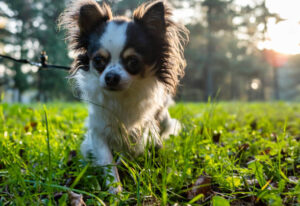
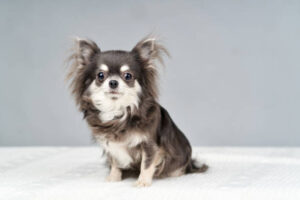
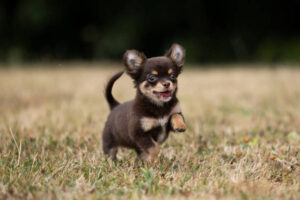
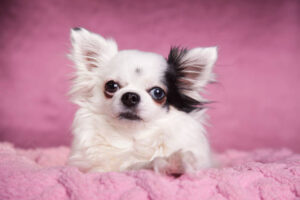
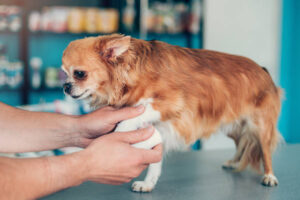
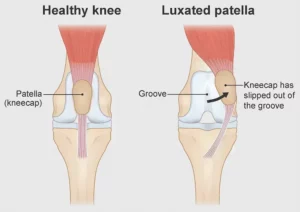
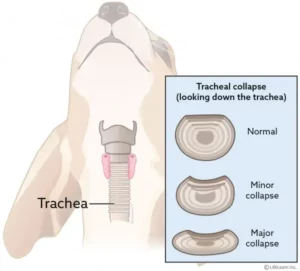
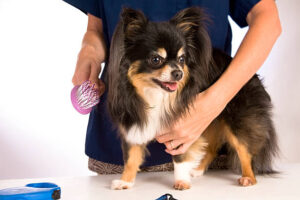
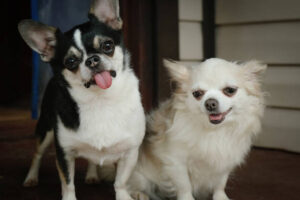
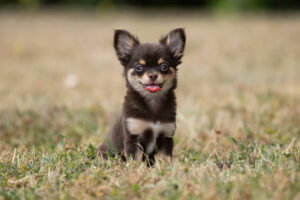
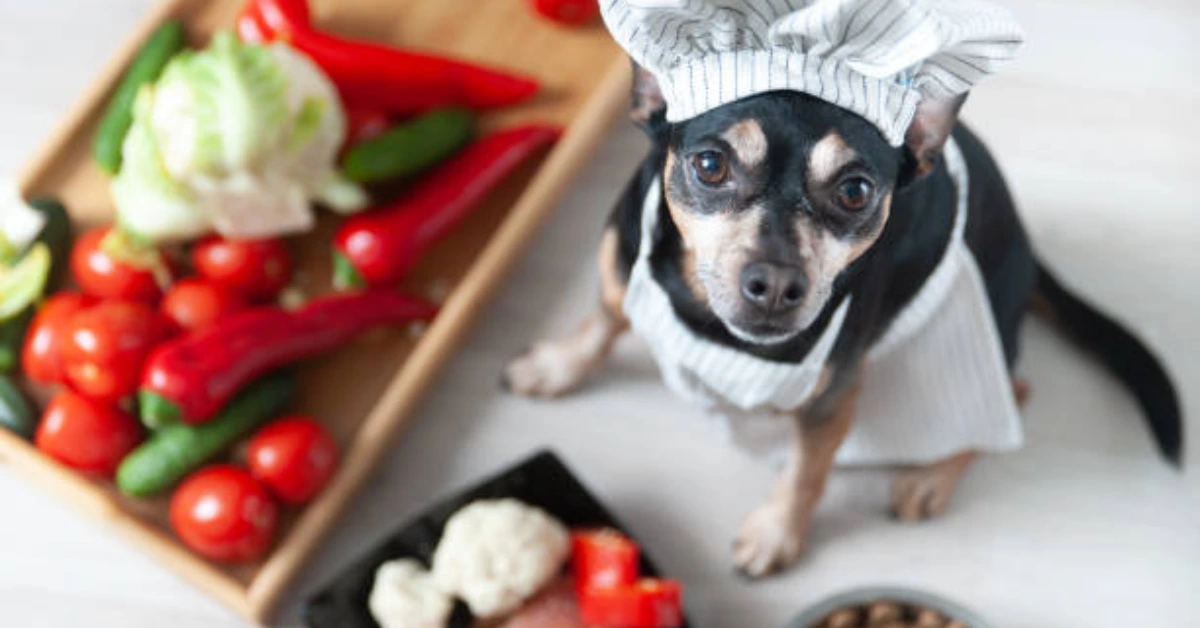
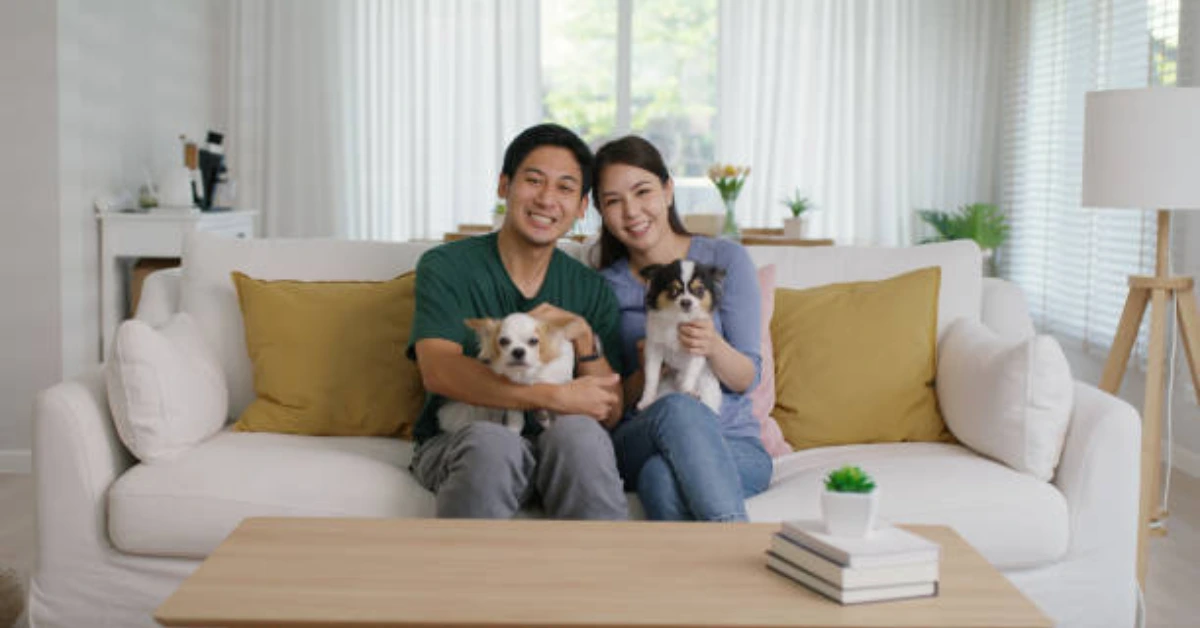
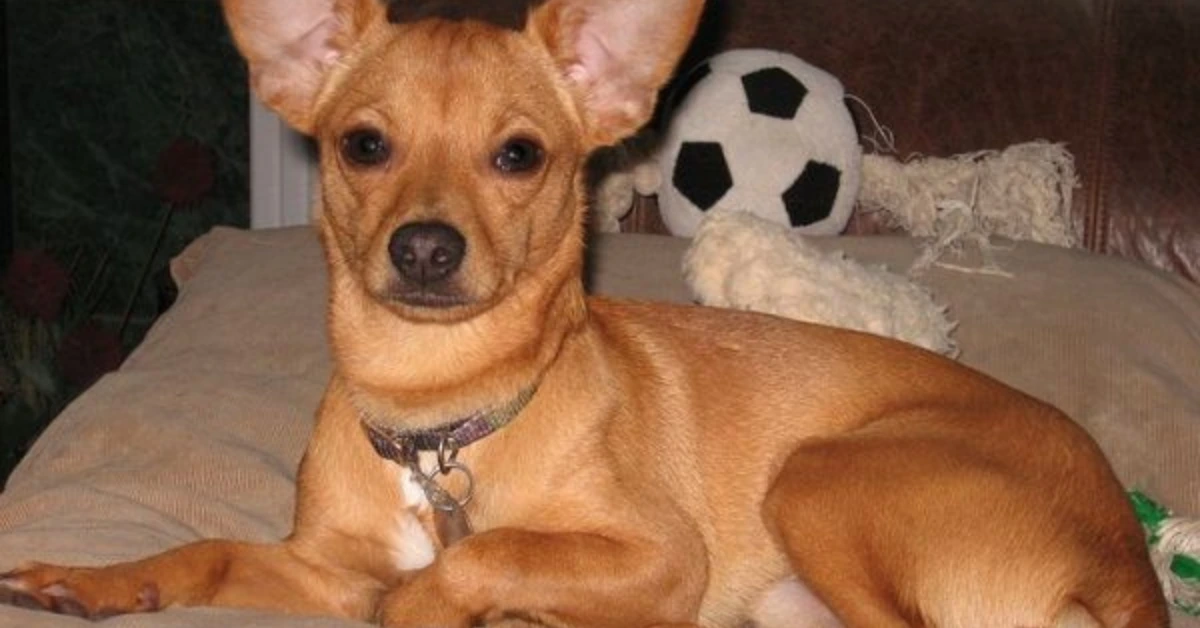
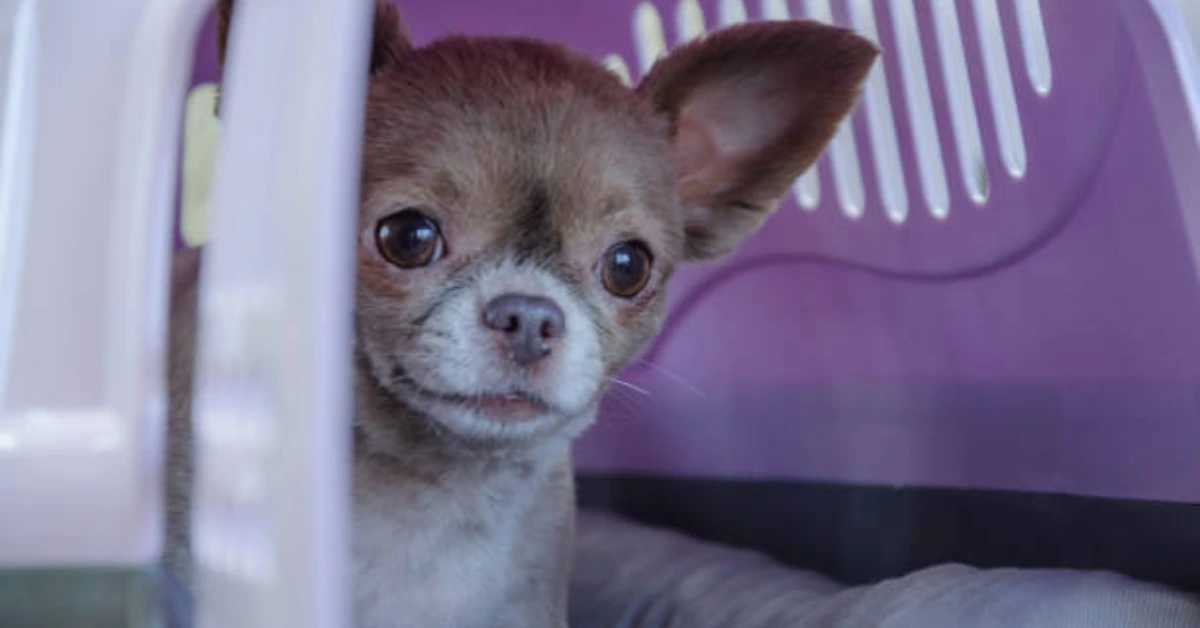
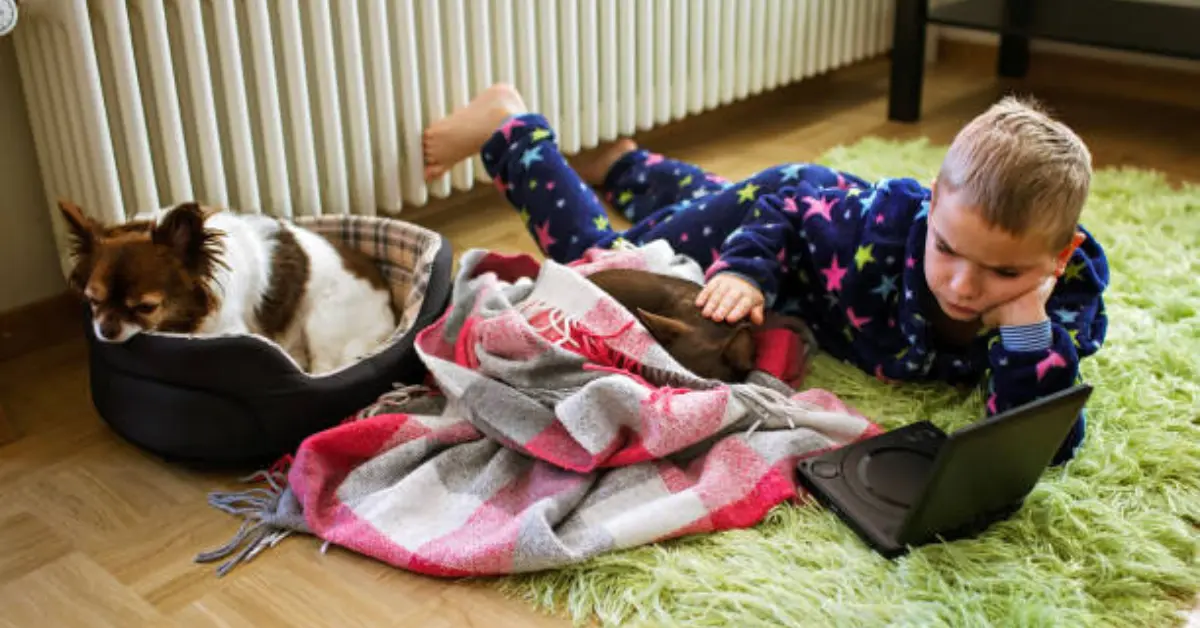
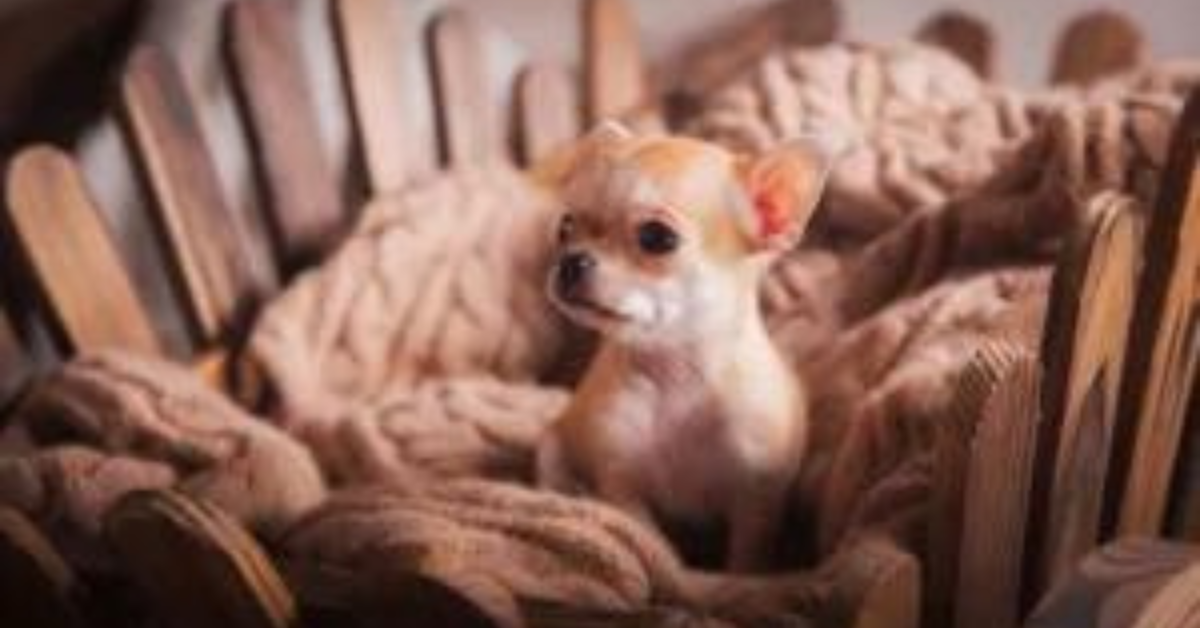
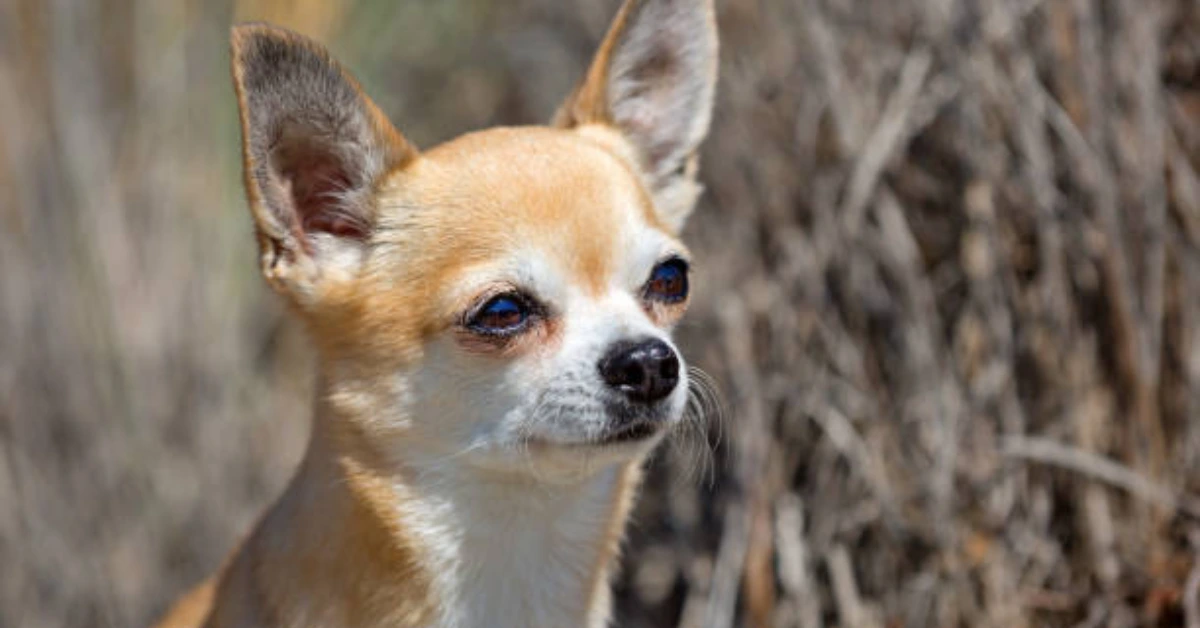
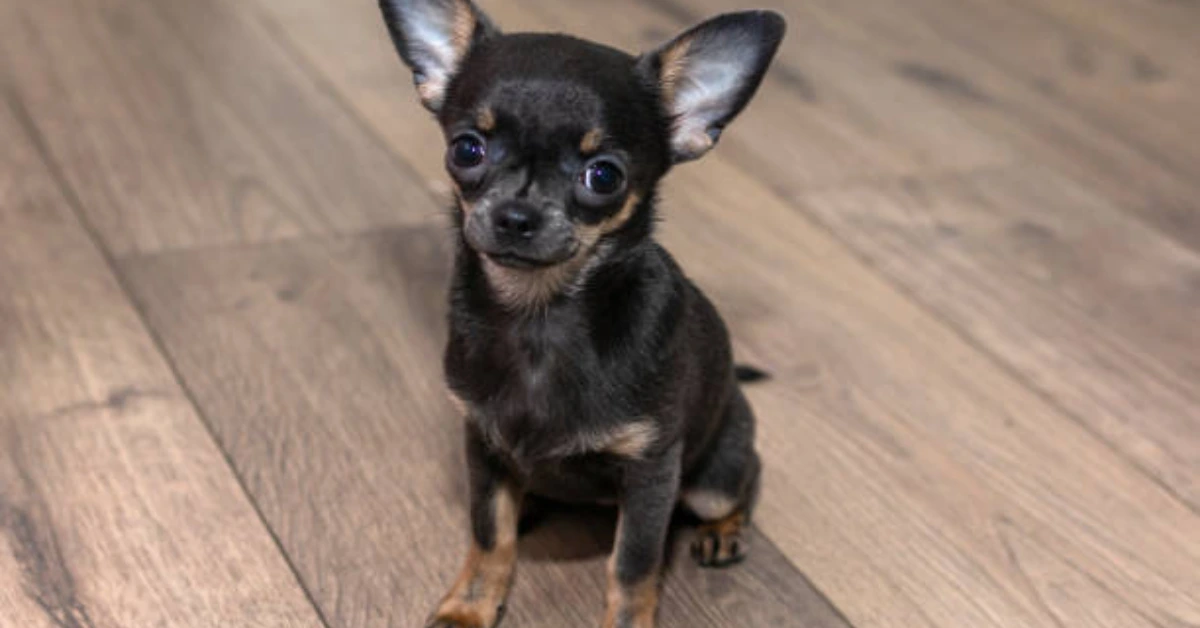
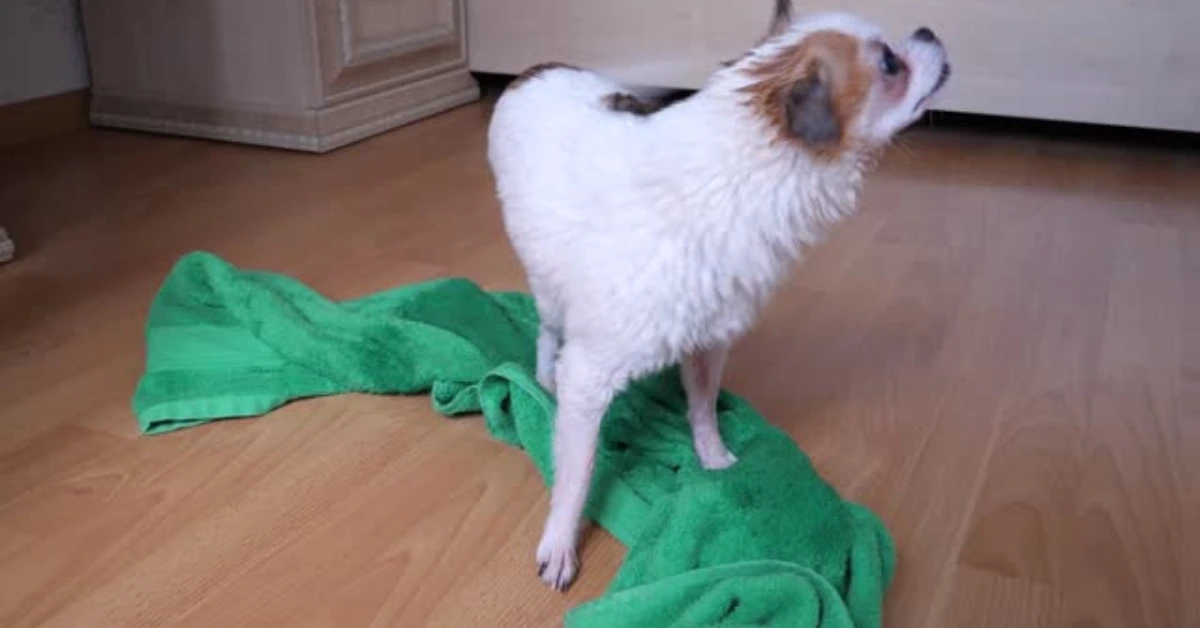
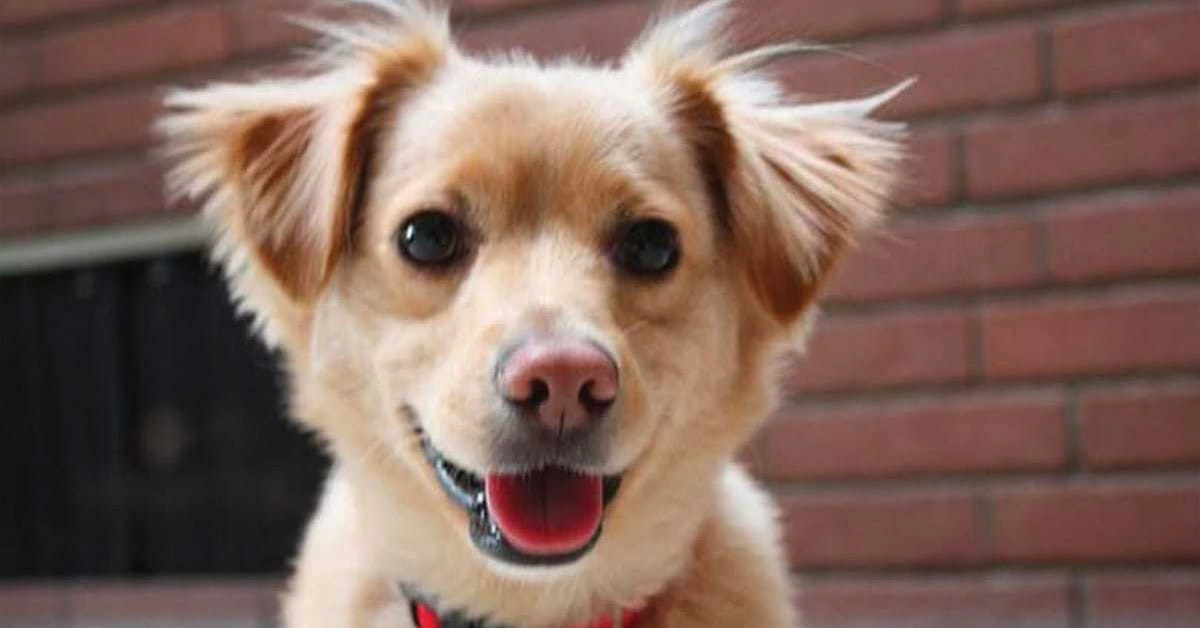
Excellent article on long-hair Chihuahuas. I rescued a Longhair Chi over a year ago now, and I love him to bits! He is funny, loyal, and very smart.